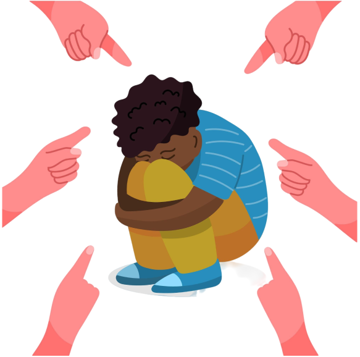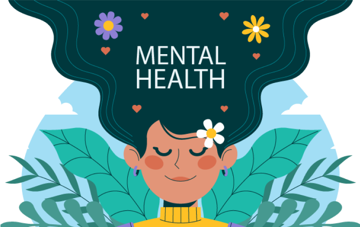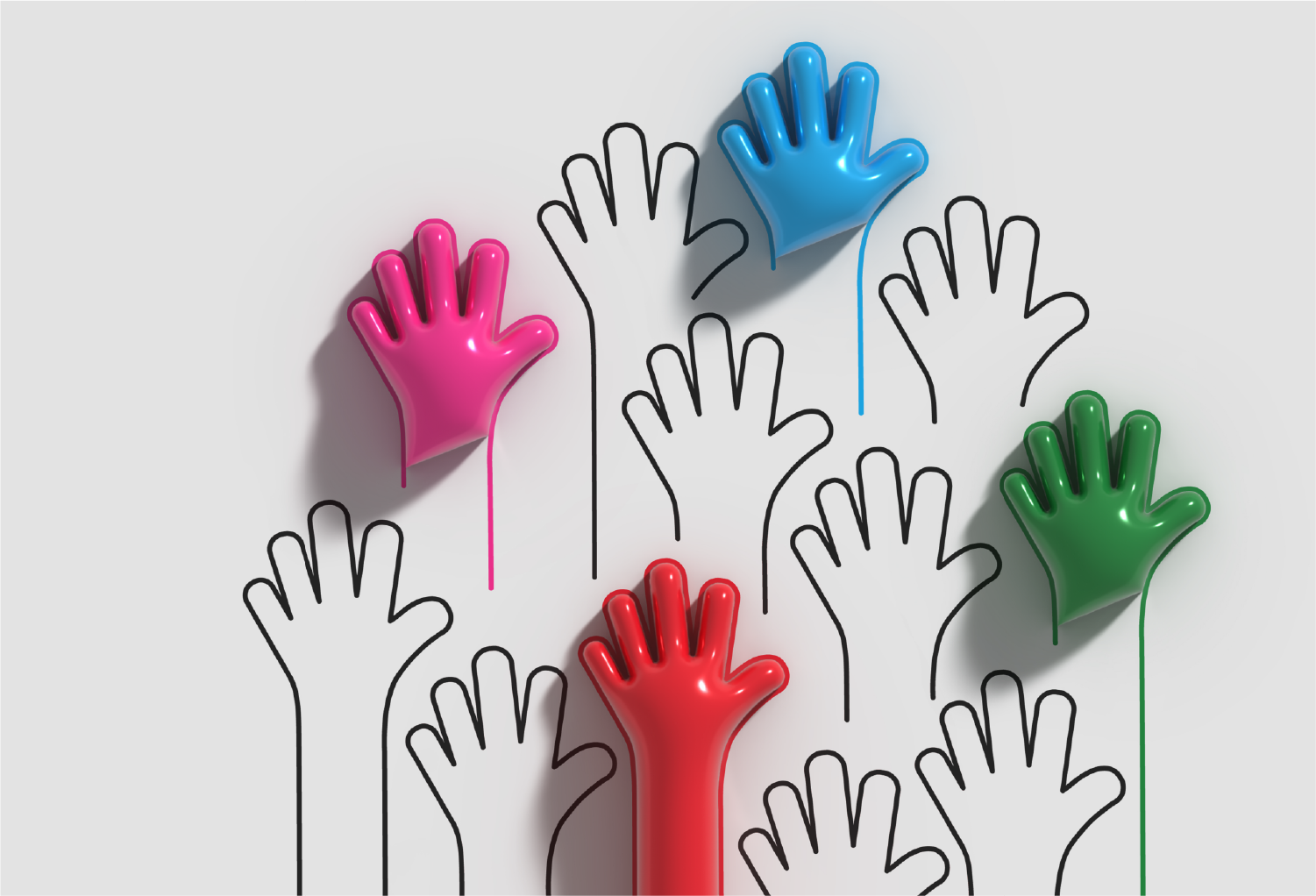Mental Health
Supporting a friend who’s struggling can make a significant difference in their well-being. Here are some compassionate and practical ways to be there for them:
Listen Actively
Sometimes, all someone needs is a listening ear. Be fully present when they share their feelings. Avoid interrupting or offering solutions immediately. Let them express themselves without judgment.
Validate Their Emotions
Acknowledge their feelings. Say things like, “I understand this is tough for you” or “It’s okay to feel this way.” Validating their emotions shows empathy and helps them feel understood.
Offer Your Time
Spend time with your friend. Whether it’s a coffee chat, a walk, or a virtual hangout, your presence matters. Loneliness can exacerbate struggles, so be there consistently.
Encourage Professional Help
Suggest seeking professional support. Offer to help them find a therapist, counsellor, or helpline. Remind them that seeking help is a sign of strength, not weakness.
Remind Them of Their Strengths
Encourage them by highlighting their resilience and past achievements. Remind them that they’ve overcome challenges before.
Share Resources
Provide information about mental health resources, crisis hotlines, or local support groups. Knowledge empowers them to explore options.
Avoid Judgment
Struggles can be messy. Avoid saying things like, “You should just snap out of it.” Instead, say, “I’m here for you, no matter what.”
Help with Practical Tasks
Sometimes, daily tasks become overwhelming. Offer to cook a meal, run errands, or assist with chores. Practical support matters.
Be Patient
Recovery takes time. Understand that progress may be slow. Patience and consistency in your support matter.
Check-In Regularly
Send a text or call periodically to ask how they’re doing. Knowing someone cares can provide comfort during difficult times.
Remember, you don’t need to have all the answers. Your presence, kindness, and willingness to listen can make a significant impact.
How do I recognise Mental Health Struggles?
Recognising signs of mental health struggles is crucial for early intervention and support. Here are some common indicators to be aware of:

A person experiencing depression may exhibit the following signs:
- Mood Changes: Persistent sadness, hopelessness, or emptiness.
- Physical Symptoms: Changes in appetite, sleep disturbances, fatigue, and low energy.
- Loss of Interest: Reduced enjoyment in activities they used to love.
- Negative Thoughts: Feelings of worthlessness, guilt, or pessimism.
- Difficulty Concentrating: Trouble focusing or making decisions.
- Restlessness or Irritability.

Look out for these signs:
- Lack of Energy: Feeling tired all the time.
- Brain Fog: Difficulty thinking clearly.
- Restlessness and Agitation.
- Excessive Tearfulness.
- Social Withdrawal: Not wanting to be with people.
- Loss of Interest in Enjoyable Activities.

- Phobias involve excessive, unrealistic fears of specific objects, situations, or activities.
- Physical symptoms may include rapid heartbeat, sweating, dizziness, and upset stomach.
- Encourage seeking professional support for managing phobias.

Mental health problems can vary widely. Signs may include:
- Feeling Sad or Down.
- Confused Thinking or Reduced Concentration.
- Excessive Fears or Worries.
Remember, everyone’s experience is unique. If you suspect someone is struggling, offer empathy, encourage open communication, and guide them toward professional help.




















Comments